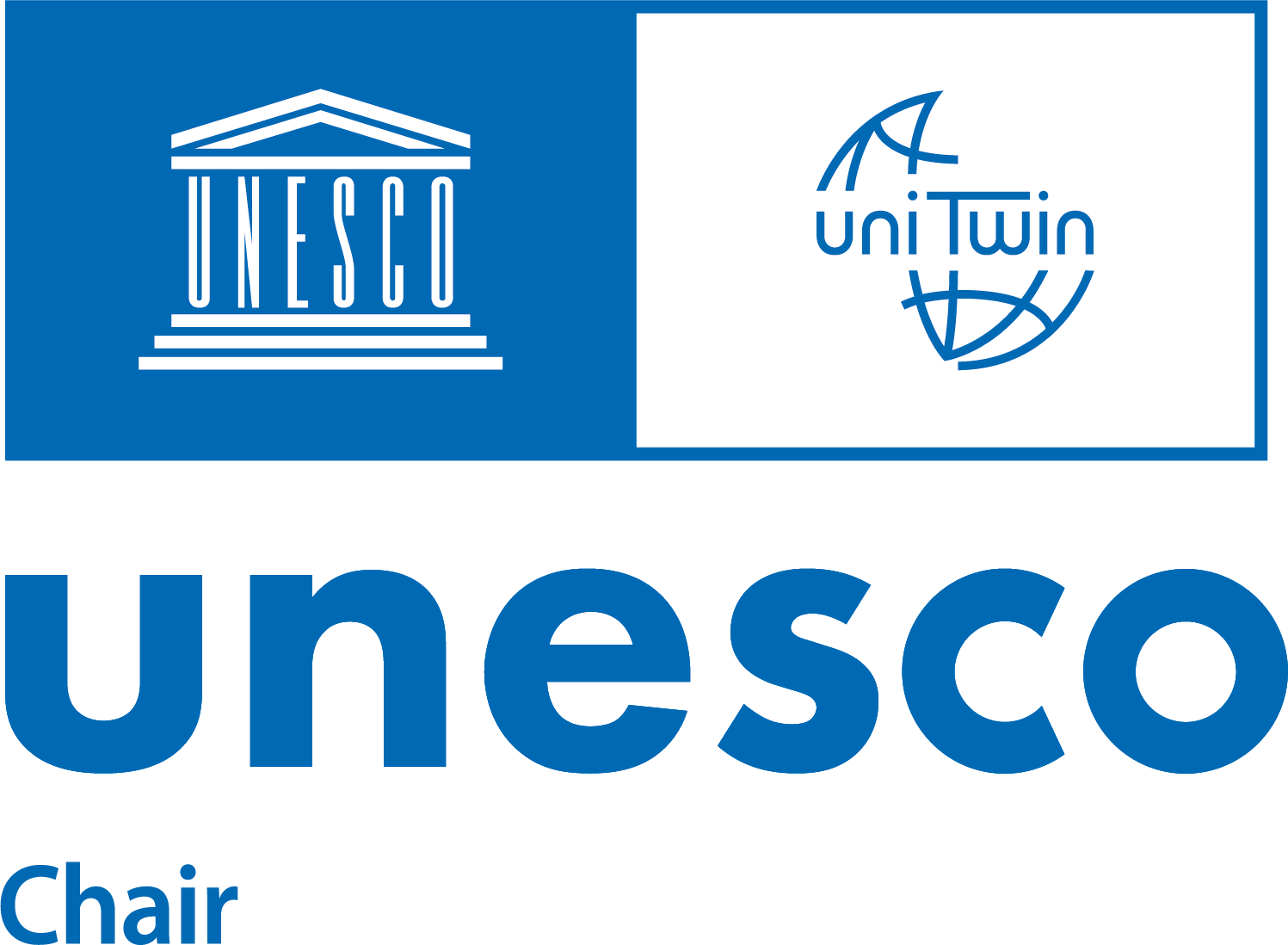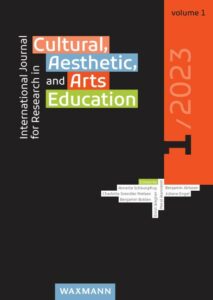INTERNATIONAL JOURNAL FOR RESEARCH IN CULTURAL, AESTHETIC, AND ARTS EDUCATION (IJRCAAE)
About the Journal
The newly established peer-reviewed, open access “International Journal for Research in Cultural, Aesthetic, and Arts Education” (IJRCAAE), is initiated and financed by the UNESCO Chair in Digital Culture and Arts in Education at the Friedrich-Alexander-Universität Erlangen-Nürnberg, Germany. It “aims to stimulate and disseminate research in arts and cultural education. Inspired by the UNESCO Goals for the Development of Arts Education (Seoul Agenda) the journal serves as a platform for a global polylogue of researchers in cultural, aesthetic, and arts education, interconnecting its wide-spread research fields by focusing on various aspects of cultural and social transformation and the contributions of cultural, aesthetic, and arts education toward global challenges, such as sustainability and resilience, heritage and transformation, digitalization and global citizenship, diversity and inclusion.”
About the Editorial Board
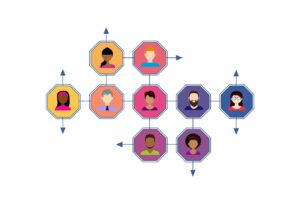 |
Benjamin Bolden, PhD, music educator and composer, is an Associate Professor and UNESCO Chair of Arts and Learning in the Faculty of Education at Queen’s University, Canada. His research interests include arts education, music education, the learning and teaching of composing, creativity, arts-based research, teacher education, teacher knowledge, and teachers’ professional learning. As a teacher, Ben has worked with pre-school, elementary, secondary, and university students in Canada, England, and Taiwan. Ben is an associate composer of the Canadian Music Centre and his compositions have been performed by a variety of professional and amateur performing ensembles. |
 |
Juliane Engel is a Professor of Education focusing on schools and cultural transformation. In systematic and empirical studies, her work examines educational processes, which she places in the context of dynamics of social transformation, such as processes of cultural pluralization and (post-)digitality, highlighting power asymmetries in her analysis. This analysis focuses on the materiality and mediality of processes of subjectification. She is particularly interested in discourses and practices of marginalization and minoritization as well as the negotiation of vulnerability. |
 |
Neryl Jeanneret, Associate Professor, is a Principal Fellow in Arts Education in the Melbourne Graduate School of Education. Her research focusses on artists working with children, engagement in music classrooms, teacher education in the arts and creativity and she was the recipient of MGSE’s 2022 Award for Outstanding Graduate Researcher Supervision. Neryl serves as an adviser to various Australian state education authorities and consultant with numerous arts organisations such as the Australian Music Centre, Musica Viva, Opera Australia, the MSO and the SSO. |
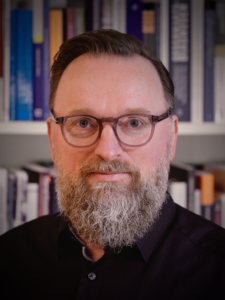 |
Benjamin Jörissen, PhD, is Full Professor of Education with a focus on Culture and Aesthetics and head of the UNESCO Chair in Digital Culture and Arts in Education at the Friedrich-Alexander-Universit.t Erlangen-Nürnberg (Germany). The Chair’s research aims to contribute to an understanding of the role of aesthetic, arts, and cultural education in a transforming and diverse world. Fields of work include developing an understanding of Bildung in terms of cultural resilience and cultural sustainability, as well as empirical research in the field of post-digital culture, including several research projects on digitization in arts and cultural education. J.rissen is, amongst others, Speaker of the UNESCO UNITWIN Arts Education Research for Cultural Diversity and Sustainable Development, as well as member of the Expert Committee on Intangible Cultural Heritage and the Expert Committee on Culture of the German UNESCO Commission. |
 |
Annette Scheunpflug, PhD, is Professor for Foundations in Education at the Otto-Friedrich-University of Bamberg. Her research focuses on educational quality, global learning, anthropology of education and the relation between religion and education. In the last years, she was working in a series of research projects on cultural learning in rural areas and by informal transition of culture. She was awarded an honorary doctorate from the University of Oulu in Finland. |
 |
Charlotte Svendler Nielsen, PhD, is Associate Professor in Educational Studies of Movement, Head of Studies at the Department of Nutrition, Exercise and Sports, member of the research group “Embodiment, Learning and Social Change,” University of Copenhagen, DK. Her research focuses on dance, embodiment and interculturality. She is Co-Editor of the Routledge book series “Dance, Young People and Change” (2015, 2018 and 2020). She was Executive Board member of Dance and the Child International from 2009-2022, and from 2019 she has been Chair of the European Network of Observatories in the Field of Arts and Cultural Education (ENO). |
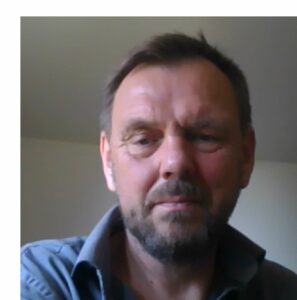 |
Ernst Wagner, PhD, studied painting and sculpture at the Academy of Fine Art in Munich, Germany. In a second course of study (art history, philosophy, ethnology) he earned a doctorate in art history at the Ludwig-Maximilian-University of Munich. Today he is researching in international networks, and teaching at the University of Munich and at the UNESCO Chair in Digital Culture and Arts in Education. His main areas of interest are arts education and sustainable development (in a broad sense); international and transcultural pedagogy; transnational artistic projects. |
Current CfPs:
- CfP Issue #2: (Re-)Searching Peace Education: Aesthetic, Artistic, and (Trans-)Cultural Perspectives (Submission closed!)
- CfP Issue #3: Sensing the Anthropocene: Post-digital Entanglements in Culture, Aesthetics, and Arts Education (Proposal Deadline: April 30, 2024)
- Upcoming CfP Issue #4: (Implicit) Aesthetics in Arts Education Practices: Global Perspectives
Published Issues
